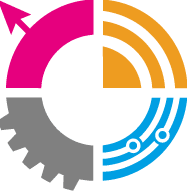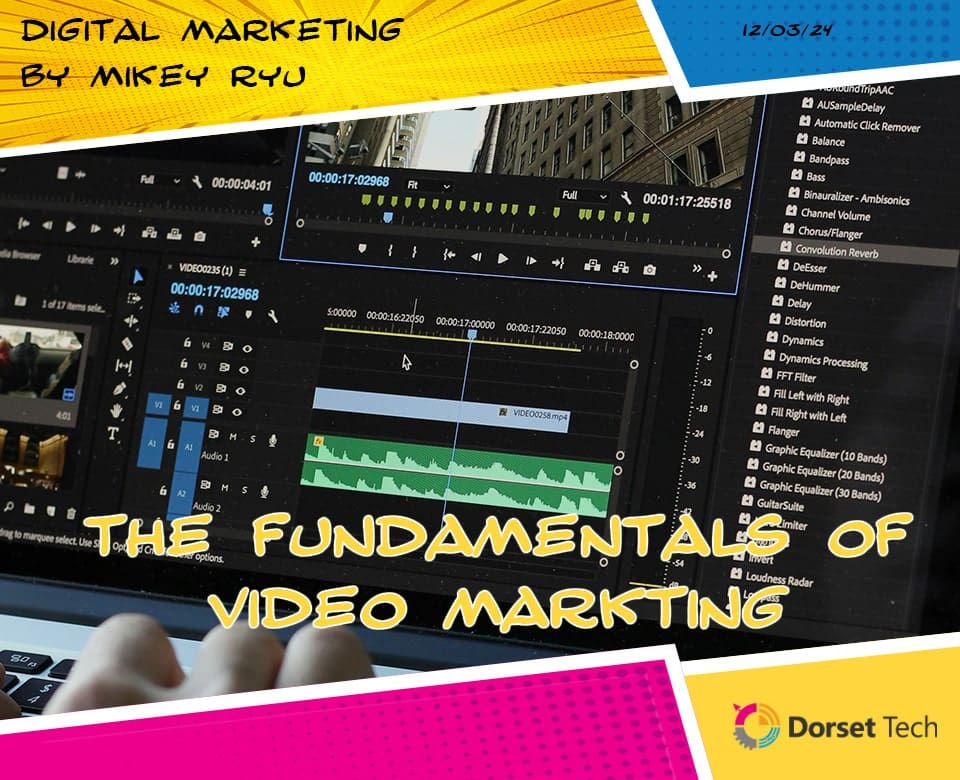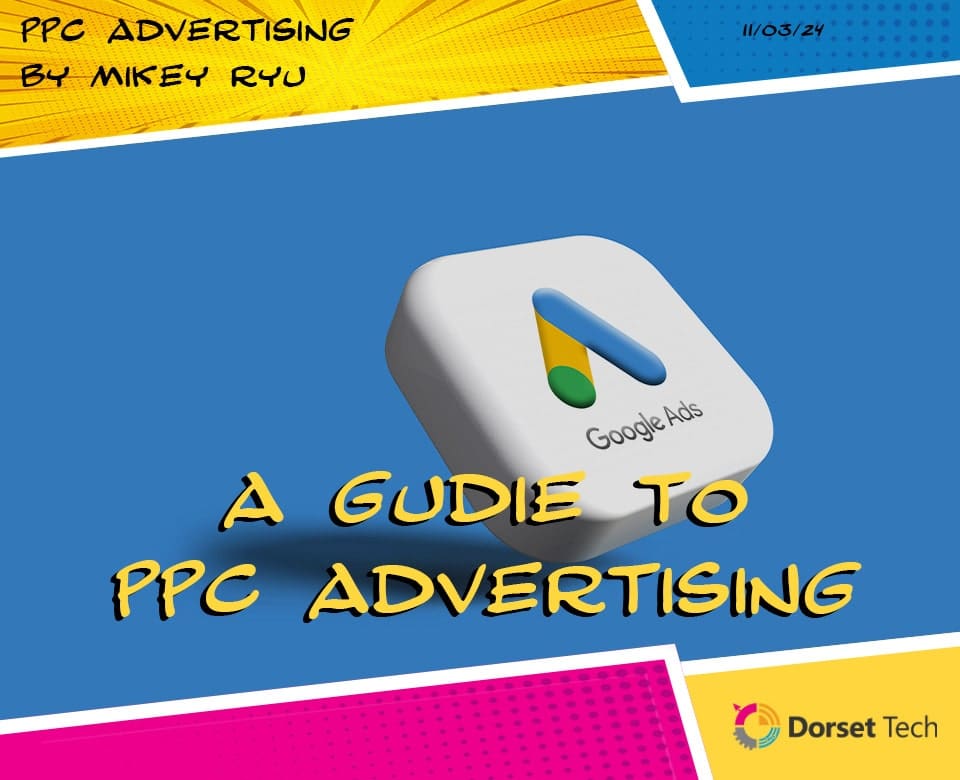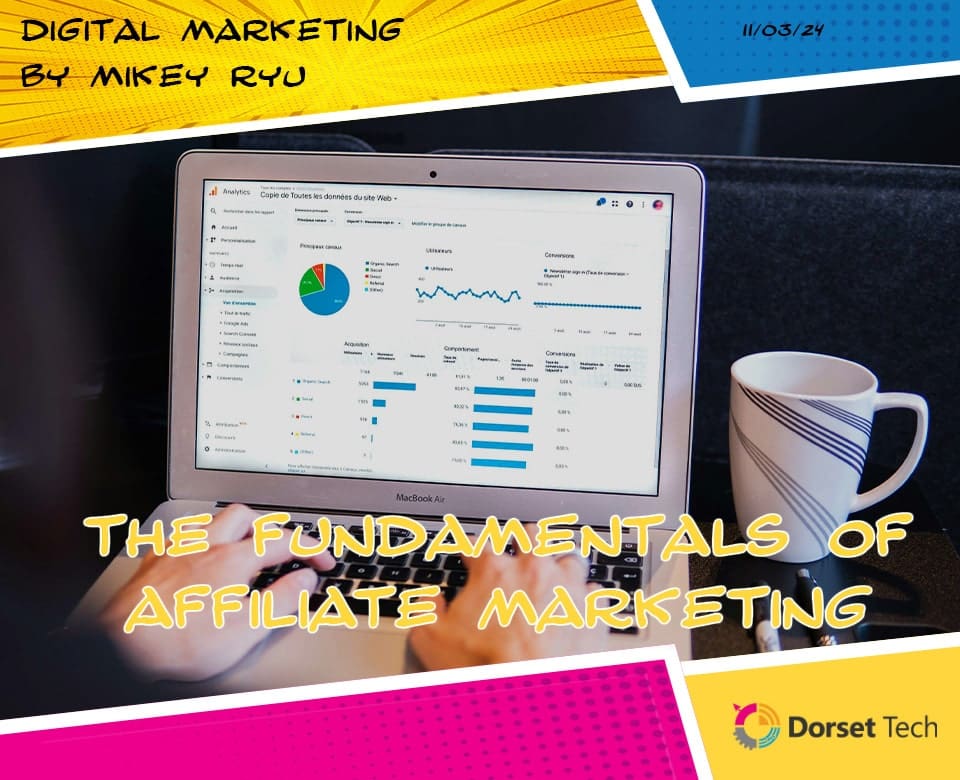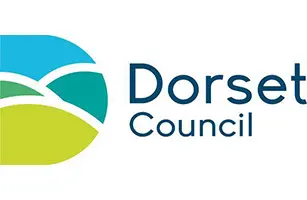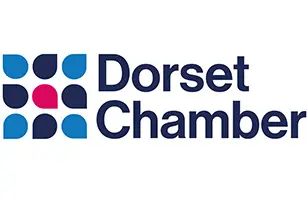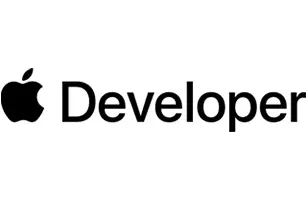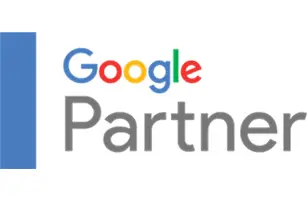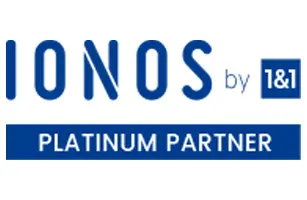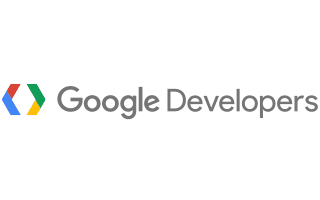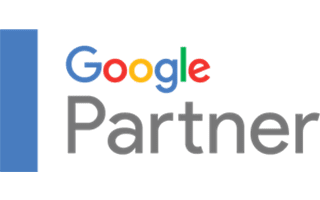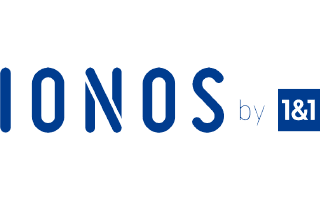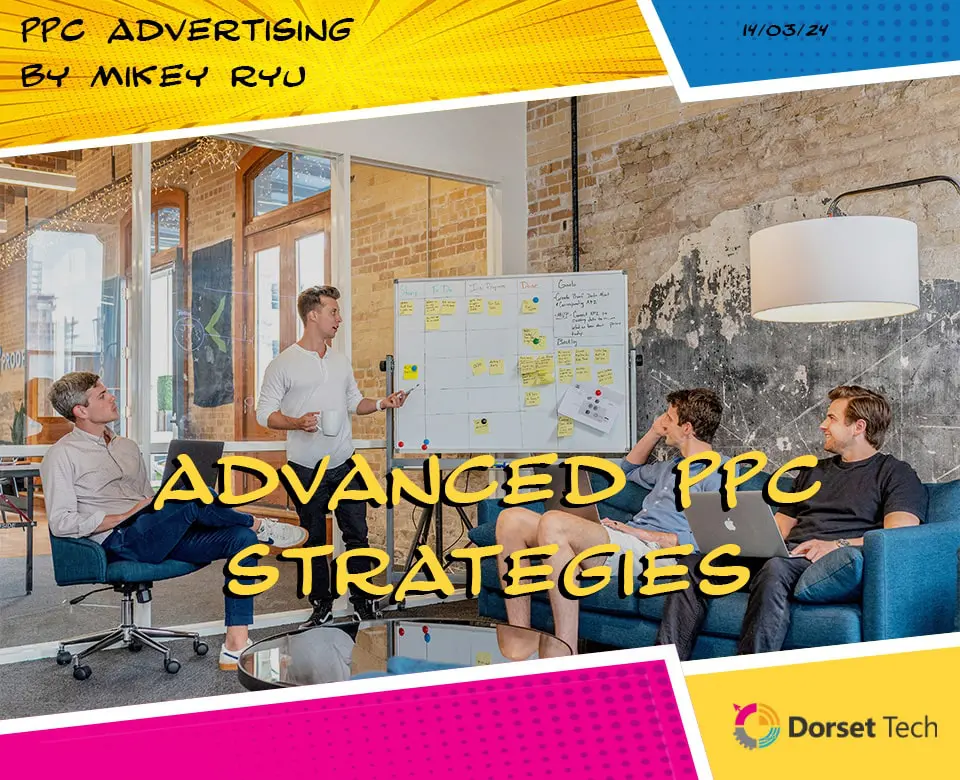
Advanced PPC Strategies
In the dynamic world of digital marketing, Pay-Per-Click (PPC) advertising continues to evolve as a powerful tool for businesses aiming to reach their target audience, drive traffic, and achieve measurable results. While basic PPC strategies can yield significant returns, mastering advanced tactics is essential for staying ahead of the curve and maximizing the effectiveness of your campaigns. In this comprehensive guide, we’ll explore advanced PPC strategies that can help businesses elevate their performance, increase ROI, and unlock new levels of success in the competitive digital landscape.
1. Harnessing the Power of Audience Targeting
While keyword targeting is fundamental to PPC advertising, advanced marketers understand the importance of leveraging audience targeting to reach highly specific segments of their target audience. Platforms like Google Ads, Facebook Ads, and LinkedIn Ads offer sophisticated audience targeting options based on demographics, interests, behaviours, and past interactions. By combining audience targeting with keyword targeting, businesses can create hyper-targeted campaigns that resonate with their ideal customers and drive higher conversion rates.
2. Implementing Dynamic Keyword Insertion (DKI)
Dynamic Keyword Insertion (DKI) is an advanced PPC tactic that allows advertisers to dynamically insert the user’s search query into their ad copy. By using DKI tags in ad headlines, descriptions, or display URLs, marketers can create highly relevant and personalized ads that align with the user’s search intent. This not only improves ad relevance and click-through rates but also enhances user experience and drives higher-quality traffic to your website.
3. Leveraging Ad Extensions for Enhanced Visibility
Ad extensions are additional pieces of information that can be added to your PPC ads to provide users with more context and encourage engagement. Advanced marketers leverage ad extensions such as site links, callouts, structured snippets, and call extensions to enhance the visibility and effectiveness of their ads. By including relevant information like additional links, phone numbers, or promotional offers, businesses can increase ad real estate, improve ad rank, and drive more clicks and conversions.
4. Embracing Remarketing and Retargeting Strategies
Remarketing and retargeting are advanced PPC strategies that involve targeting users who have previously interacted with your website or shown interest in your products or services. By using tracking pixels or cookies, marketers can create custom audiences of past visitors and deliver targeted ads to them across various digital channels. Remarketing allows businesses to re-engage with users who have abandoned their website or shopping cart, while retargeting enables them to nurture leads and guide them through the conversion funnel with personalized messaging and offers.
5. Utilising Advanced Bidding Strategies
Advanced bidding strategies go beyond traditional manual bidding and allow advertisers to optimize their PPC campaigns for specific goals and objectives. Platforms like Google Ads offer advanced bidding options such as Target CPA (Cost-Per-Acquisition), Target ROAS (Return on Ad Spend), Enhanced Cost-Per-Click (ECPC), and Maximize Conversions. These automated bidding strategies use machine learning algorithms to adjust bids in real time based on factors like user behaviour, device type, and time of day, helping businesses achieve their desired outcomes more efficiently.
6. A/B Testing and Experimentation
A/B testing, also known as split testing, is a fundamental practice in PPC advertising that involves comparing two versions of an ad or landing page to determine which performs better. Advanced marketers take A/B testing to the next level by conducting rigorous experiments and testing multiple variables simultaneously. By testing different ad copy, creative elements, landing page designs, and targeting options, businesses can identify winning combinations, optimise their campaigns for maximum performance, and continuously improve their ROI over time.
7. Optimising for Cross-Channel Integration
In today’s multi-channel digital landscape, integrating PPC with other marketing channels is essential for maximizing reach and impact. Advanced marketers optimise their PPC campaigns for cross-channel integration by aligning messaging, creative assets, and targeting across channels such as search, social media, display advertising, email marketing, and content marketing. By creating cohesive and consistent experiences for users across channels, businesses can amplify their message, increase brand awareness, and drive more conversions across the entire customer journey.
Conclusion
In conclusion, mastering advanced PPC strategies is essential for businesses looking to take their digital marketing efforts to the next level and achieve unparalleled success in the competitive landscape. By harnessing the power of audience targeting, implementing dynamic keyword insertion, leveraging ad extensions, embracing remarketing and retargeting, utilising advanced bidding strategies, conducting A/B testing and experimentation, and optimising for cross-channel integration, businesses can create highly effective and efficient PPC campaigns that drive results and deliver measurable impact. With the right strategy, creativity, and continuous optimisation, advanced PPC tactics can propel businesses towards their goals and unlock new opportunities for growth and success in the ever-evolving digital world.

